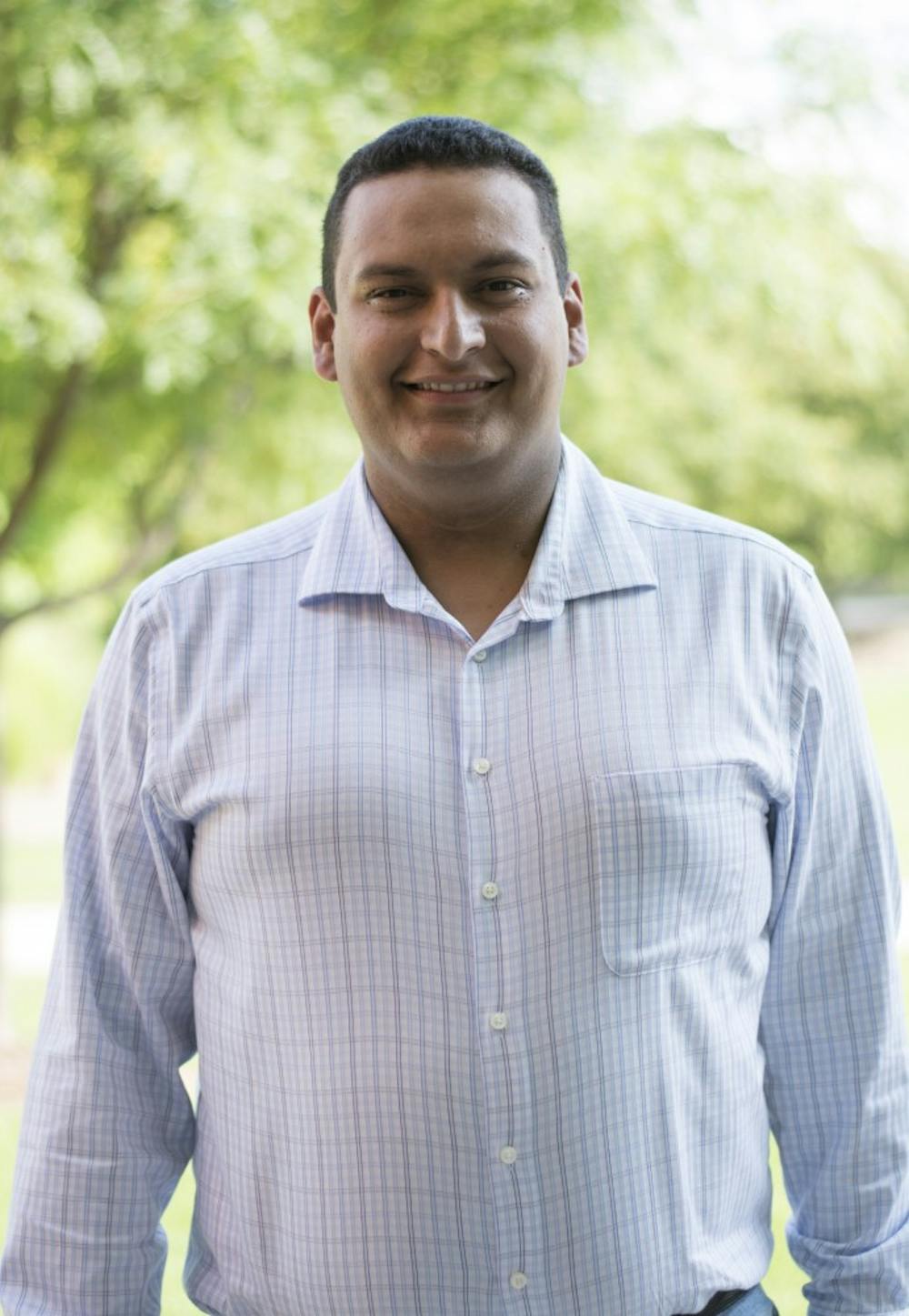 |
|---|
It’s about time.
There have been plenty of start-up football leagues looking to tap into the popularity of a sport that features televised games almost every night of the week at the peak of the fall. But the Pacific Pro Football League, which is slated to begin play in Summer 2018, took it a step further by announcing that it will require its players to be between 18 and 22 years old.
In other words, there’s finally an alternative to the NCAA.
No other sport has the same nonsensical system as football. Baseball players can declare for the draft after graduating high school, tennis players and golfers can turn pro whenever they think they’re ready and foreign soccer teams sign players to professional contracts to play in their youth academies. Even basketball players, who are required by the NBA to be at least one year out of high school, have options like playing professionally in Europe or China for a year, or going to the D-League.
In all of those other leagues, there's a choice for elite athletes — take the money to play professionally or take a scholarship to play in college.
But in football, there is no choice, at least not until 2018. Either go to school, or don't play.
And that makes no sense. There are no academic requirements to play football in the NFL.
Don't get me wrong, education is clearly a good thing. In fact, one of the arguments against paying college football players is that they're compensated fairly with a free education, which Ball State estimates to be worth $18,884 for Indiana residents and $34,618 for out-of-state students in 2016-17 alone.
That's the beauty of Pac-Pro, though. On top of getting paid a salary, players will also receive money for tuition at community colleges, which may prove to be better academic fits for some athletes who struggled with classes or standardized tests.
Some hardcore college football teams might be worried about their favorite team losing a few players, but don't expect a mass exodus from NCAA.
Much like how few high school basketball players go overseas instead of playing in the NCAA, many football players will likely wait to see if the league can sustain itself before signing up. Even then, there will only be four teams, all based in Southern California, each with 50-man rosters for 200 total roster spots.
Assuming a relatively even distribution of ages throughout the league, with roughly a quarter of the league being first-year players, a quarter being second-year players, etc., this would really only pull 50 or so players away from the NCAA each year, or less than one for each of the 65 schools in the Power 5 conferences (including independent Notre Dame).
It will likely be even less than that when athletes who didn't meet NCAA qualifications or community college players are considered, and it's unlikely that many Group of 5 schools like Ball State will lose any players to this league.
Hopefully, Pac-Pro will also cut down on the scandals that rock amateur sports. In theory, if elite athletes can choose to be paid then the ones who choose school will be more likely to value the education and less likely to take impermissible benefits or try to skate through fake classes.
At the very least, if these players are choosing school over a professional contract, they're less likely to go around tweeting things like "Why should we have to go to class if we came here to play FOOTBALL. We ain't come to play SCHOOL, classes are POINTLESS," which is something that was actually tweeted by former Ohio State quarterback Cardale Jones in 2012, who is now in the NFL with the Buffalo Bills.
#TBT still can't believe I tweeted something as stupid as this but hey, we live and we learn, after your religion/ pic.twitter.com/mqCLK2uEHw
— Cardale Jones (@Cardale7_) April 2, 2015
Pac-Pro has some clout behind it — ESPN reported that several people with NFL ties are involved in the league, including Tom Brady's agent Don Lee (but not Brady himself), former player Ed McCaffrey, former coach Mike Shanahan, former NFL executive Jim Steeg and former NFL referee Mike Pereira.
With all of that professional football experience powering the Pacific Professional Football League, one thing is clear — enough people at the highest level of football thought a professional alternative to college football was a smart investment.
And it's about time.





